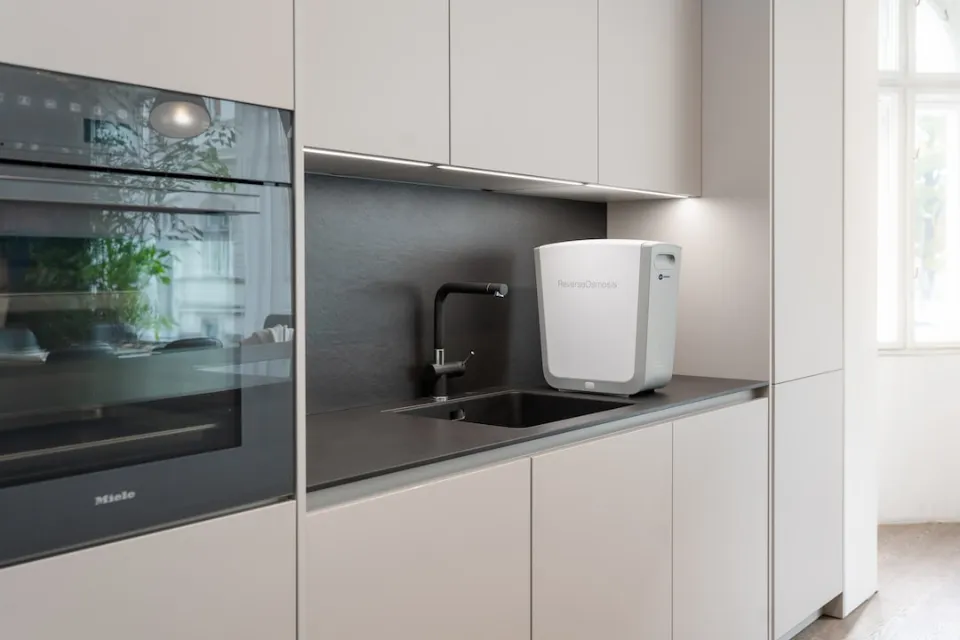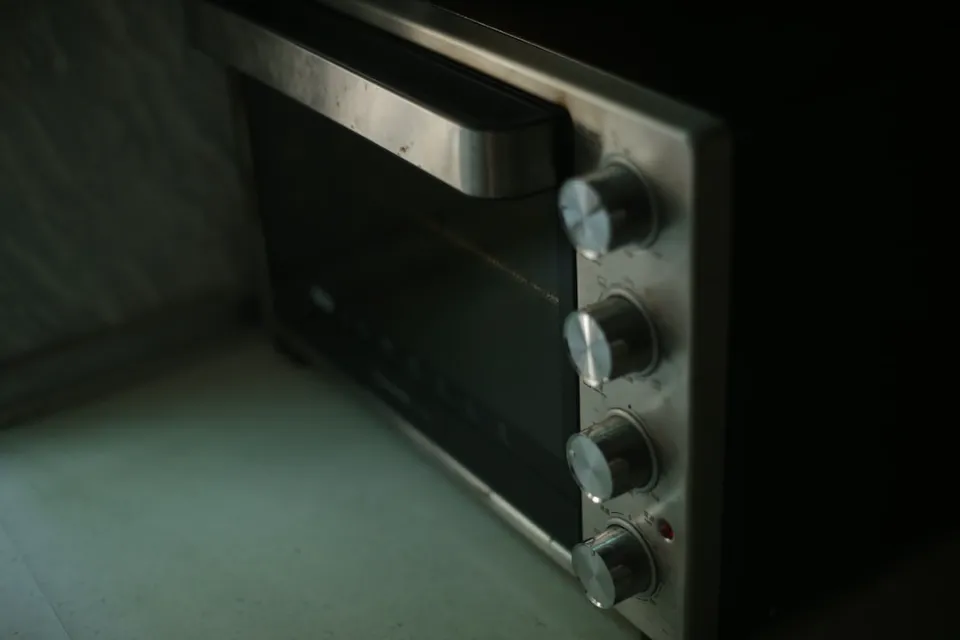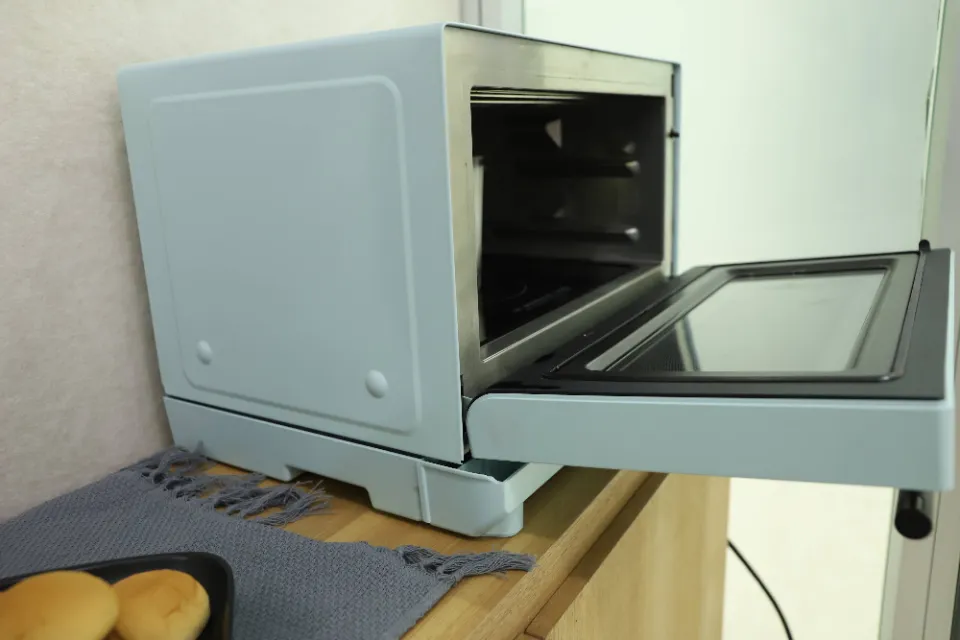For many years, microwave ovens have been a standard in homes, but concerns about microwave radiation have persisted. Microwaves are used to heat up your food and make quick meals.
While there is radiation from microwave ovens, it is not hazardous to your food or health.
What Are Microwave Ovens?
Due to their capacity for quick heating, microwave ovens differ from conventional and toaster ovens. Within the oven, microwave radiation heats the outside layer of food, and the inside is cooked from the conduction of heat from the outside. Because of their speed and affordability, microwave ovens working are more prevalent than toaster ovens in homes.

How to Use a Microwave Oven
Food is heated directly in microwave ovens. They are relatively simple to use. You put your food in the device, press how long you want it to cook, and make sure your food is completely heated. There are many microwave oven uses. They are a type of rapid cooker used for cooking leftovers, frozen meals, and other things. They cook food faster than conventional ovens and heat the food only instead of the whole oven compartment.

How Does a Microwave Work?
Inside microwave ovens is a magnetron, an electron tube that generates microwaves. The food absorbs the microwaves after they are reflected by the metal of the oven’s interior. The heat needed to cook food is created by the vibration of water molecules caused by microwaves. Vegetables, for example, can be cooked quickly despite having a high water content.
Though your food absorbs microwave energy, it doesn’t make it “radioactive” or “contaminated”. Non-ionizing radiation, used in microwaves, moves molecules’ atoms but doesn’t remove their electrons. Microwave radiation can’t alter the chemical makeup of your food. This means that using your microwave and eating food that it has cooked are both safe. Making quick meals is facilitated by the microwave oven’s variety of uses.

What is Microwave Oven Radiation?
Microwaves are a type of “electromagnetic” radiation. Consequently, both magnetic and electrical energy waves are propagating through space at the same time. Microwaves are different from radio waves and X-rays. The fact that X-rays are ionizing radiation means that they have the power to change molecules and atoms as well as harm cells. Body damage from ionizing radiation is possible. However, microwaves do not emit any harmful non-ionizing radiation.
There is no concrete evidence to link microwave oven radiation to cancer, nor is there any evidence that it does. Your food is not radioactive due to microwave radiation. You are merely heating your food.
Microwaves only emit non-ionizing radiation when they are turned on and cooking. The food absorbs all the microwaves generated inside your oven. The design of microwaves prevents electromagnetic radiation from escaping the oven. The U.S. Food and Drug Administration (FDA) does advise inspecting your microwave to see if it has been damaged or altered. Additionally, they advise against standing in front of or right up against your microwave while it is on.

Are Microwave Ovens Safe?
The FDA has a Center for Devices and Radiological Health (CDRH) that enforces performance standards for electronic products to ensure radiation emissions aren’t a hazard to the public. The total number of safely leaked microwaves over a microwave oven’s lifetime is capped by a federal standard. This is far less than any amount that could endanger you.
Plus, the further away you are from the source of radiation, the less the microwave energy has an effect. A standard interlock system is also built into every oven, which disables it when the door is opened and stops the microwave oven.
The FDA tests microwave ovens in their own lab to evaluate the manufacturer’s radiation testing and does quality control.
Radiation from microwave ovens doesn’t cause cancer, but if you’re exposed to it, it can hurt. In the same way that microwave radiation warms your food, it can also warm body tissue. These burns, however, only happen when you’re exposed to a lot of microwave radiation.
Non-ionizing radiation includes radio waves, visible light, and microwaves. UV light is the only non-ionizing radiation that can cause cancer. Overall, microwaves are safe to use and won’t lead to cancer or any other serious health issues.
You can switch to a newer microwave if you’re concerned that your current one is leaking radiation or is simply too old. Microwave ovens typically last about ten years, so if you’ve had yours longer, it might be time to upgrade. It might be best to leave the room while the microwave cooks if you have an older microwave that you want to keep. This is just to protect you from any potential radiation leakage.
Find more microwave use information on Home Services Offers